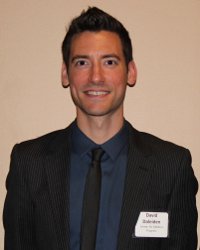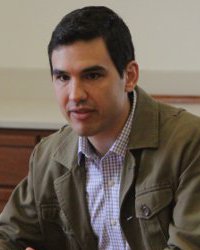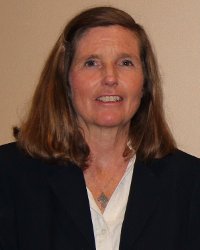- Home
-
About
 Fidelity & Excellence
Fidelity & ExcellenceThomas Aquinas College is unique among American colleges and universities, offering a faithfully Catholic education comprised entirely of the Great Books and classroom discussions.
-
A Liberating Education
 Truth Matters
Truth MattersTruth, and nothing less, sets men free; and because truth is both natural and supernatural, the College’s curriculum aims at both natural and divine wisdom.
-
A Catholic Life
 Under the Light of Faith
Under the Light of FaithThe intellectual tradition and moral teachings of the Catholic Church infuse the whole life of Thomas Aquinas College, illuminating the curriculum and the community alike.
-
Admission & Aid
 Is TAC Right for You?
Is TAC Right for You?Do you enjoy grappling with complex questions? Are you willing to engage in discussions about difficult concepts, with the truth as your ultimate goal?
-
Students & Parents
 Mind, Body & Spirit
Mind, Body & SpiritThere is always something to do at TAC — something worthwhile, something fulfilling, and something geared toward ever-greater spiritual and intellectual growth.
-
Alumni & Careers
 What Can You Do with a Liberal Education?
What Can You Do with a Liberal Education?Nothing speaks more to the versatility of the College’s academic program than the good that our alumni are doing throughout the Church and the world.
- Search
- Giving
Alumni Attorneys Offer Perspectives on Daleiden Indictment

On January 25 a Texas grand jury indicted David Daleiden and Sandra Merritt of the Center for Medical Progress (CMP), the organization that exposed Planned Parenthood’s program of fetal organ-harvesting. Prosecutors in Harris County filed charges against the two documentarians, alleging that they tampered with a governmental record by using fake IDs to gain access to Planned Parenthood. Prosecutors further charged Mr. Daleiden with attempting to purchase or sell human organs as part of his sting operation against the abortion giant.
In the days since, Catholic scholars and attorneys have been divided over the ethics of CMP’s undercover operations as well as the justice of the charges against Ms. Merritt and Mr. Daleiden. Among those who have weighed in are two alumni of the College — faithful Catholics, committed champions of the unborn, and practicing attorneys, both — who have presented thoughtful perspectives.

Writing for the Catholic legal blog The Campion, Tim Cantu (’10) argues that the indictments are, even if unfortunate, legally sound and just. “David Daleiden and Sandra Merritt are charged with crimes of which they are almost certainly guilty. Were their intentions noble? Yes. Was it in service of a good cause? Yes. But to a prosecutor, one charged with carrying out the law instead of making it, that does not and cannot matter,” Mr. Cantu observes. Appealing to the example of St. Thomas More, he notes, “The ends do not justify the means; if we wish to defy a just law, we must accept the consequences of that choice under the law. The law exists not only as a sword against the wicked; it is also our shield, and by misusing or disregarding it we weaken that shield at our peril.”
Meanwhile, Katie Short (’80), co-founder and vice president of the Life Legal Defense Foundation, which is defending Mr. Daleiden in three civil suits, has found fault with the grand jury’s reasoning. “The tampering charge, which is a felony offense, is for the use of a California identification in order to enter the Planned Parenthood clinic for the purpose of investigation,” Mrs. Short tells LifeNews.com. Yet Texas law “provides a defense where the false information has ‘no effect on the government’s purpose for requiring the governmental record,’” she continues — and the purpose of the law in question is to prevent minors from purchasing alcohol, not to shield Planned Parenthood from undercover investigation.

Moreover, a press release issued by Mrs. Short’s Life Legal Defense Foundation contends that the law against attempting to purchase or sell body parts has been, at the very least, unevenly applied. “Daleiden was … charged with human organ trafficking, a misdemeanor charge, for allegedly offering to purchase fetal body parts from Planned Parenthood,” the statement reads. “Inexplicably, Planned Parenthood was not charged with the corresponding crime of offering to sell human organs.”
That disparity, Mr. Cantu acknowledges, may hint “that this was a politically motivated indictment designed to punish Daleiden and Merritt for having the wrong cause,” although the “mere existence of the indictment does not establish that.” Still, he adds in a footnote, “There is a good counterargument that this is a case ripe for the exercise of prosecutorial discretion, and [the district attorney] should drop these charges.”

